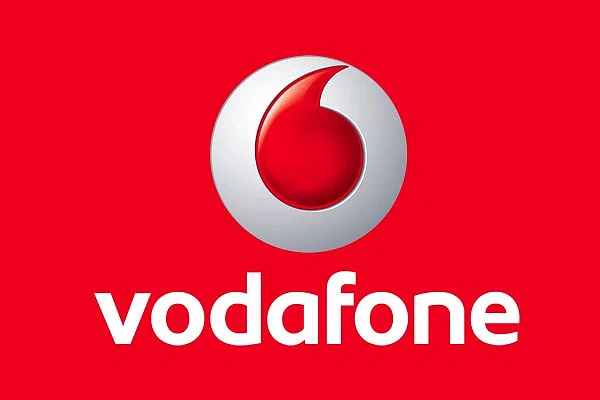Vodafone Idea (Vi) is working towards concluding its equity funding discussions by the end of this quarter, according to the telecom operator’s chief executive, Akshaya Moondra, during an earnings call on Monday.
Moondra emphasized the commitment from promoters to invest ₹2,000 crore remains steadfast. This commitment may align with investments from external equity parties. Recently, the telecom operator utilized bank financing to meet its spectrum dues, which are scheduled for repayment by March 2024.
“I would expect that we should be able to conclude these discussions related to the equity investment in this quarter,” stated the chief executive.
Moondra also noted that the company received a commitment letter from promoters for ₹2,000 crore in the last quarter but has not received contributions yet. In the interim, the company secured bank funding to bridge previous financial gaps. He added, “The promoters’ commitment is there, they have said that they will support as and when required, and we expect that this supporter contribution should also come alongside the tie-up with external investors.”
Vodafone Idea, backed by the Aditya Birla Group and with the Indian government as its largest shareholder, has been striving to secure ₹20,000 crore through a combination of debt and equity from external investors. In a June earnings call, Moondra had mentioned ongoing negotiations with three distinct parties, with an aim to conclude discussions by December 2023.
In September, Vodafone Idea announced that its promoters had made ₹2,000 crore available, if required, for the payment of 5G spectrum installments that were due in August.
Moondra also indicated that the telecom operator has been in discussions with network vendors to finalize its deployment plan. Significant capital expenditure for network deployment will follow once funding assurances are in place. The company is also negotiating with equity partners to address outstanding vendor dues.
The telecom company has set aside ₹820 crore for tax liabilities following a Supreme Court decision regarding license fees. However, it does not anticipate an immediate cash outflow or a higher amount than the refunds it expects from ongoing tax litigation.
Moondra stressed the need for tariff rationalization and suggested that the tariff structure should be designed so that consumers who use more services pay higher tariffs. This would enable telecom carriers to obtain a return on their investments in network rollouts.
Despite its financial challenges, Vodafone Idea reported the slowest rate of customer decline since the merger between Vodafone and Idea Cellular in 2018. The company has expanded higher entry-level tariffs in more circles to offset the impact on customer exits.
For the quarter ending in September, Vodafone Idea reported a net loss of ₹8,737 crore, primarily due to high interest and finance costs. Although the company saw an increase in revenue and a higher number of 4G subscribers, increased interest costs were related to the provisioning of the tax liability.
Revenue for the quarter reached ₹10,716 crore, a slight rise compared to ₹10,615 crore in the same period the previous year. The company also experienced an improvement in its Ebitda (Earnings before interest, tax, depreciation, and amortization) margin, which increased to 40% from 38.6%.
The number of 4G subscribers grew to 124.7 million from 120.6 million in the comparative period. The average revenue per user (Arpu) also increased significantly to ₹142 per month, up from ₹131, primarily due to subscriber migration to higher Arpu plans. However, net interest and finance costs for the quarter increased to ₹65.34 crore, up from ₹60.33 crore in the previous year. As of September 30, 2023, Vodafone Idea’s net debt stood at ₹2.127 trillion.











